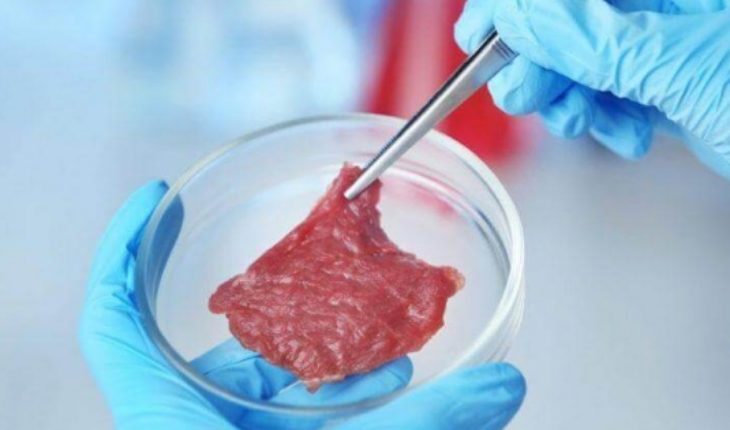While in the short-term the pollution generated by cultured meat would be less traditional livestock industry, in a longer time frame would not be necessarily friendly to the environment. That would be the question posed by an Oxford University study published in Frontiers in Sustainable Food Systems.
The premise underlying the doubts is the type of emissions generated by the livestock industry and laboratories studying an alternative. While the first generates 35% of methane released into the atmosphere – and that it is responsible for 15% of the greenhouse effect-, the second produces carbon dioxide.
The problem is that it is difficult to ensure that CO2 emissions are preferable to the methane because, although they catch 10 times less heat than the gases produced by animals, haunt the Earth nearly 100 years. Opposite to the permanence of the methane, which only remains 12 years.
However, the authors themselves admit that the results are not conclusive. Based on previous studies, they acknowledged that their work is based on important premises. John Lynch, author and director of analysis, used a model that presupposes a study of thousand years of production of cultured meat. In addition, they established that this potential industry would make energy from fossil sources, like most of the big companies.
Less transparency, less industry the reason why should use big assumptions was because there is no information to make conclusive studies. None of the companies and laboratories dedicated to research of this type of meat still has its industrial production facilities.
Currently, the production cost of a single hamburger cultivated what 10 dollars, ten times more than slope a traditional. Therefore, the potential industry pioneers are so engrossed in research rather than production, deliver products that are commercially competitive.
Along with this, there is also the little willingness of companies more transparent information. “They do not say what they are doing and do not have it either at conferences, so I am not able to keep up fully,” says Hanna Tuomisto, author of one of the works cited in 2011. “I think that they are very optimistic.”
This is because some processes are part of the intellectual property, and the companies are not friendly to transfer information to the researchers. Disclose information about their production processes can leave them in a sensitive position against the competition.
In the conclusions of the study, researchers recognize the need to use renewable energy sources and to consider the carbon footprint associated with a potential industry, especially if it is proposed to eliminate the emission of gases that promote the greenhouse effect. Although Lynch and his team ensure that the production of cultured meat is harmful for the environment, invited to either assume that it will be necessarily sustainable.
translated from Spanish: Study tantalizing possibility that meat is vitro worse for environment
March 4, 2019 |





